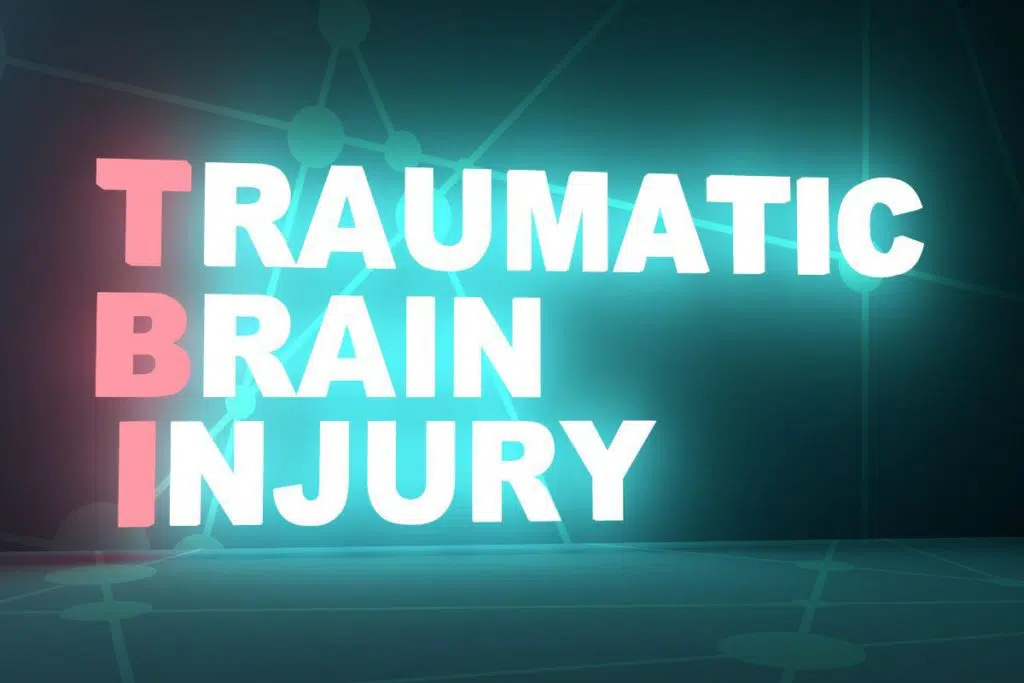When someone suffers a traumatic brain injury, it can have a devastating impact on the individual and their loved ones. In this situation, it can be difficult to know how to help the victim cope with their trauma as they work towards healing. Fortunately, there are ways you can assist and support your loved one’s care. Here are some ways you can help your loved one recover from traumatic brain injury (TBI):
At The Dailey Firm, P.C., we understand how a TBI can impact a victim’s life. We know how to help you ensure that your loved one will have the compensation they need for their TBI care and recovery. Contact us today for a free consultation.
What is a Traumatic Brain Injury?
A traumatic brain injury (TBI) is an injury that impacts how the brain works. TBIs may be caused by:
- A bump or jolting to the head, or
- Penetrating trauma to the head.
According to the Centers for Disease Control (CDC), there are three main types of TBIs:
- Mild TBI or concussion
- Moderate TBI
- Severe TBI
Prevalence of TBI in the United States
TBI is one of the leading causes of death and disability in the United States. According to the Centers for Disease Control (CDC), in 2020, there were over 64,000 Traumatic Brain Injury-related deaths in the United States. That figure amounts to approximately 176 TBI-connected deaths per day. In addition, in 2019, there were approximately 223,135 TBI-related hospitalizations in 2019.
How to Help When Your Loved One Has Suffered a TBI
TBIs can be caused by events such as a jolt or bump to the head or an object or bone fragment puncturing the brain. Consequently, how many symptoms a person may experience will depend on the extent of their brain injury. TBI victims may experience mild symptoms such as temporary shifts in their mental state or those that are more severe such as a long-term loss of memory or consciousness.
TBI Symptoms
One way to assist someone who has suffered a TBI is to learn about their condition and possible symptoms.
A TBI victim can experience a range of symptoms, including but not limited to:
- Vision impairment
- Sleep disruption
- Problems with physical coordination
- Headaches
- Sudden physical weakness
- Difficulty concentrating
- Memory problems
- Impaired judgment
- Extreme irritability
- Sudden changes in mood
- Depression
- Impaired social functioning
Your loved one may experience some or all of these TBI symptoms. By knowing what to expect and look out for, you can help anticipate ways to help your loved one manage their reactions. You can also assist them by being able to help them identify and understand their symptoms.
Preventing Social Isolation
Another way to help your loved one after they have suffered a TBI is by helping them maintain contact with others and the outside world. Sustaining a serious injury such as a TBI can have life-altering consequences, and a person with this condition may be prone to depression and social isolation.
If someone you care about has a TBI, make sure you regularly contact them. If possible, help them get out of the house and into a socially interactive setting. This may involve doing something as simple as taking the individual on a short walk through a park or to Starbucks. It may also be helpful to transport them to their medical appointments.
If your loved one usually attends group activities such as church or a book club, you could offer to take them to and from their meeting location. If they cannot go out, you could bring them meals or come by for social visits.
Practicing Patience
When you are close to someone who has suffered a TBI, it can impact you as well as your loved one. You may have to adjust to living or spending time with someone who can’t remember basic information or maintain control of their emotions. It can be frustrating, but it’s important to recognize that brain injury recovery is a delicate process that takes time. It will help you if you can try to be patient with yourself and your loved one during this challenging period.
If you are attending to your loved one full-time, it will be important to ensure you are getting breaks from your caregiving duties and the support you require. It may help to reach out to other loved ones or professional organizations to provide respite care.
Ultimately, supporting your loved one’s healing process will involve being knowledgeable about their TBI and being patient with them and yourself.
Contact an Experienced Brain Injury Attorney
Being there for a loved one who has suffered TBI can be challenging. At The Dailey Firm, we understand the complications and issues that can happen when someone suffers a TBI. If your loved one has suffered TBI or another injury, we can provide you with information and resources which may be of assistance. Contact us here or call to find out how we can help with your TBI personal injury case.

